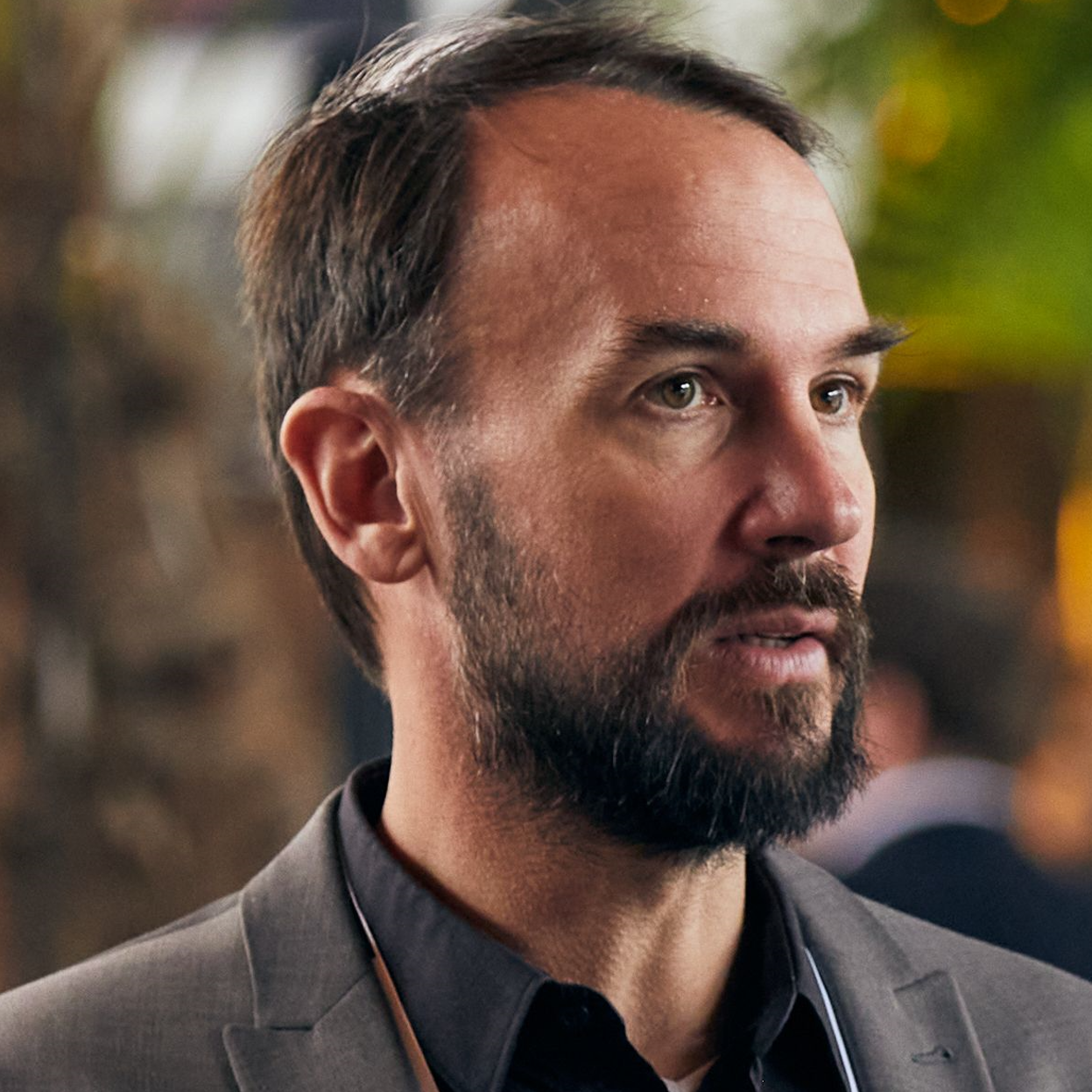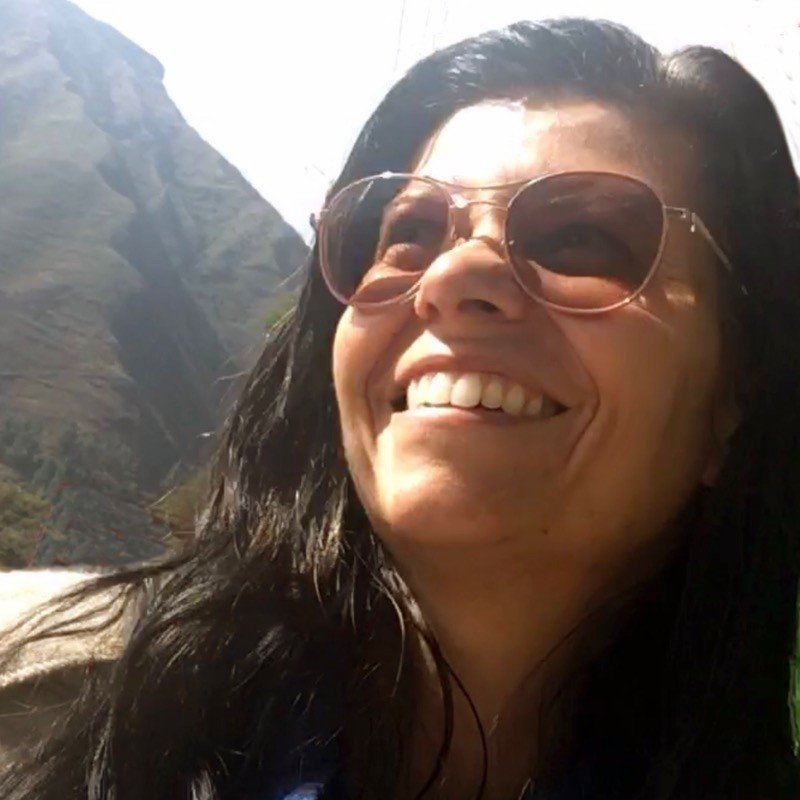Data for Survival: confronting the climate crisis
05 November 2024


Concerned about the intersecting global catastrophes arising from climate-related upheaval and how policy could and should transcend profit motives to prioritise the common good. FORUM hosted a panel debate exploring the intersecting realms of activism, citizenship, health, human rights, scholarship, and technology in the pursuit of tackling climate change.
The debate addressed questions such as:
- Was it conceivable for policy decisions to genuinely reflect broader societal concerns from a near-future perspective?
- Within the climate crisis, how did additional complexities — including lumbering health infrastructures, immigration dynamics, social integration and pressure on urban centres – shape the policy landscape?
- What were the possibilities and limitations of policymaking in navigating these critical junctures?
- Were contributions from citizen science, and critical input from the arts and culture, being considered by policymakers?
Among the highlights, the debate examined challenges related to climate-induced migration (human and non-human), climate-related health shifts, the impact on cities, and the strain on existing infrastructure. It foregrounded the use of cross-sectional datasets and the involvement of post-disciplinary agents as essential strategies for anticipating future challenges.
The debate was followed by a networking event.
This event marked the conclusion of the FORUM autumn 2024 season. The program was designed to highlight the inter-, trans-, and post-disciplinary dimensions of urgent global topics. This constructive debate, held as part of Berlin Science Week, aimed to illuminate the multiple junctures through which the climate crisis could be approached and addressed.
Moderator

Marek Tuszynski, Executive Director and co-founder of Tactical Tech, is an artist, designer and curator working at the intersection of technology and activism. Marek is also a filmmaker, producer, teacher and provocateur whose creative interventions span media from film and radio to television, books, exhibitions, public spaces and the web. For 30 years, he has worked at the intersection of technology and politics, information and activism, and the consequences of living in a quantified society. In 2023, Marek was recognised by Mozilla Rise25 Awards as one of the artists and visionary leaders actively shaping a more ethical, responsible, and inclusive future for the internet
Debaters

Aurel von Richthofen leads the Cities team for Arup in Germany, focusing on data-driven digital methods to tackle complex urban topics at the intersection of sustainability and digital solutions. Before joining Arup, Aurel was a senior researcher at the Future Cities Laboratory at ETH Zurich in Singapore. He researched on foundational technologies for digital twins and smart cities, as well as sustainable urbanisation using Artificial Intelligence (AI). Aurel studied architecture at ETH Zurich and Princeton University and earned his doctorate at the Technical University of Braunschweig. He is a member of the Berlin Chamber of Architects.

Felipe Schmidt Fonseca is an experienced Berlin-based Brazilian advocate for social-environmental innovation and free/open-source technologies turned researcher. He is the founder of Reuse City studio and a co-creator of semente, a toolkit for community projects; as well as the co-founder and lead articulator of the Tropixel network; and an active member of organisations such as GIG and Circular Berlin. Between 2019 and 2022, Felipe was a Marie Curie Early Stage Research Fellow (University of Dundee / Northumbria University / Mozilla Foundation). He has recently engaged in collaborations such as ID21, fonte.wiki, ALGO-BR, and CODE. He has a PhD in Design from Northumbria University (Newcastle-upon-Tyne, UK). The title of the thesis successfully defended in September 2023 is “Generous cities – weaving commons-oriented systems for the reuse of excess materials in urban contexts”.

Vanessa Ramos-Velasquez is media artist, transdisciplinary researcher, and lecturer. Ph.D. candidate at Bauhaus University Weimar in Media Art, researching cultural history and theory, ecology, society, Indigenous philosophies in Brazil and Peru, and the divide between nature and culture. MA in New Media from the University of the Arts Berlin (UdK) and Fulbright/IIE scholar in Fine Arts/Expanded Media in the U.S. Received the Vilém Flusser Art & Theory Award Honours at transmediale.11. In 2023, chaired the jury of the New European Bauhaus Prizes and in 2024 served as expert evaluator. She is a member of the Anthropocene Campus Latin America 2024 working group and the Anthropocene Commons.
